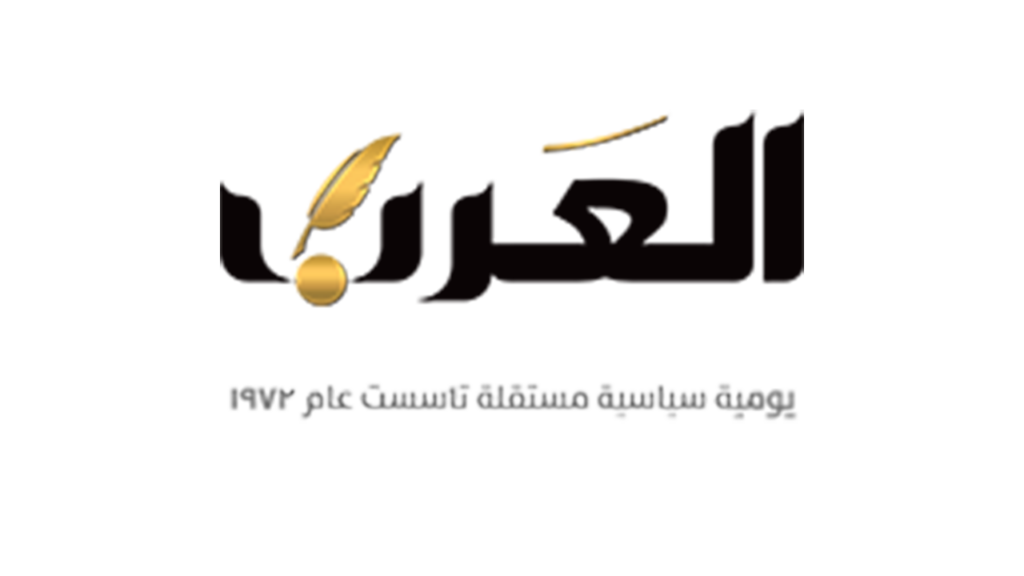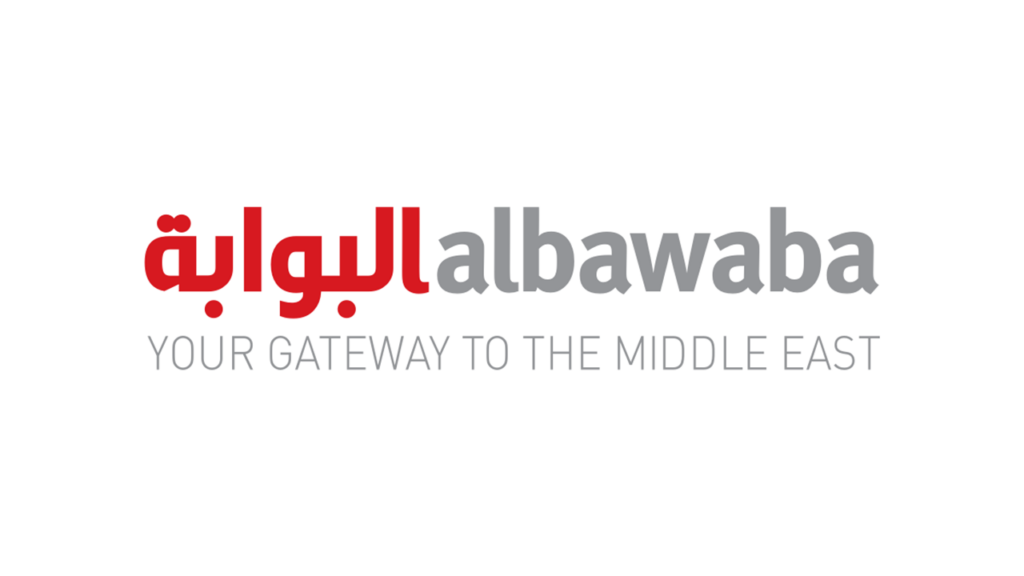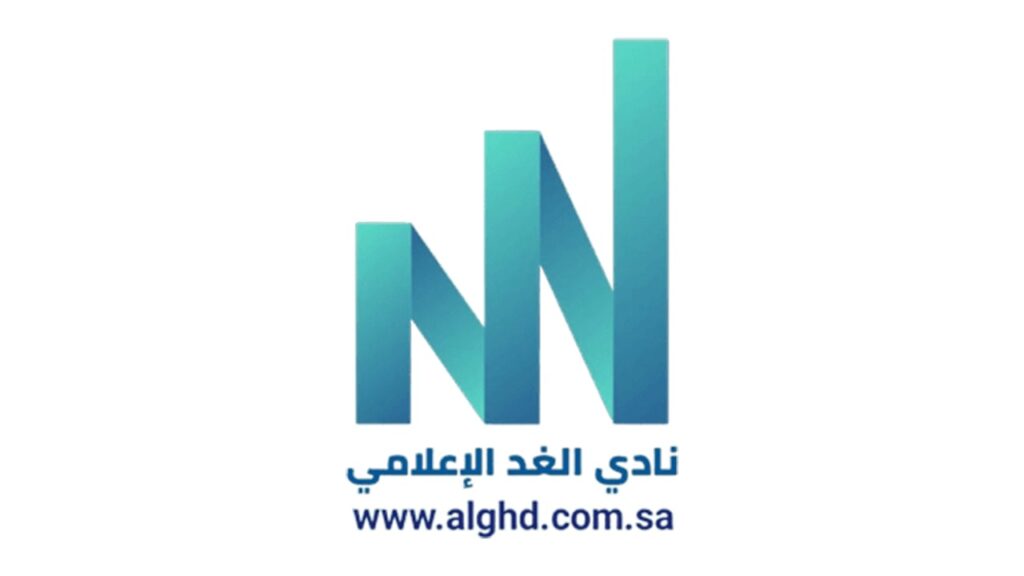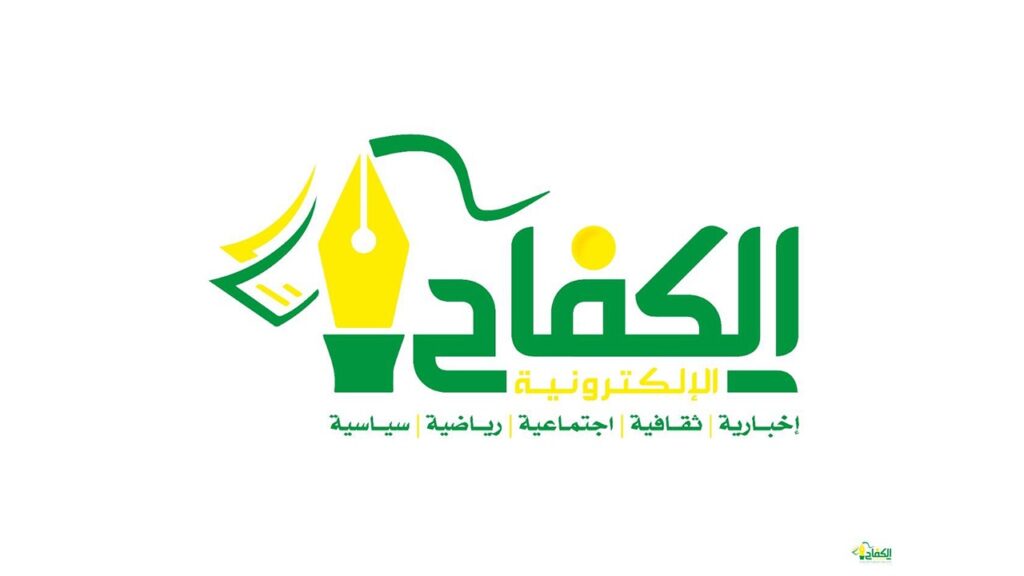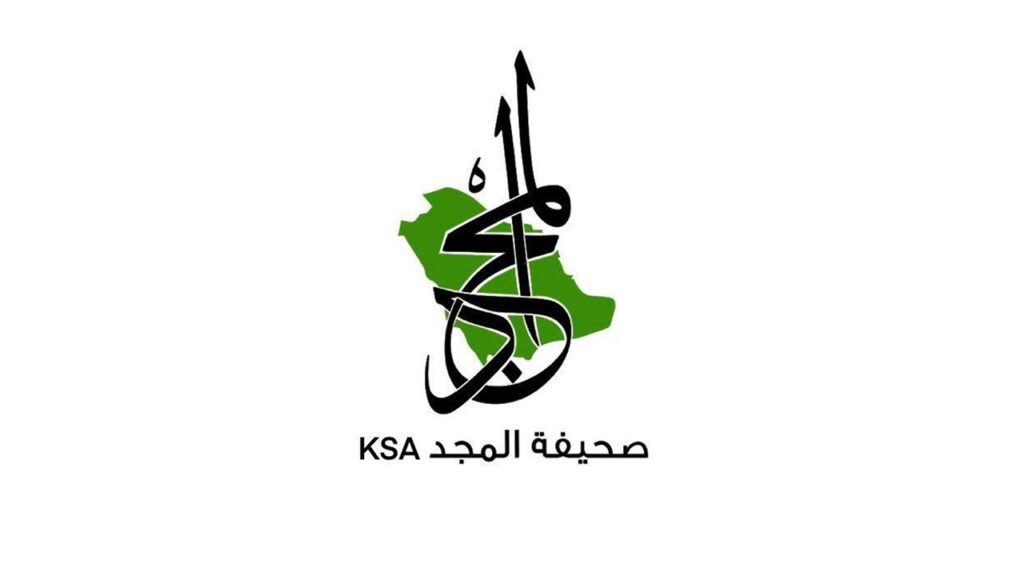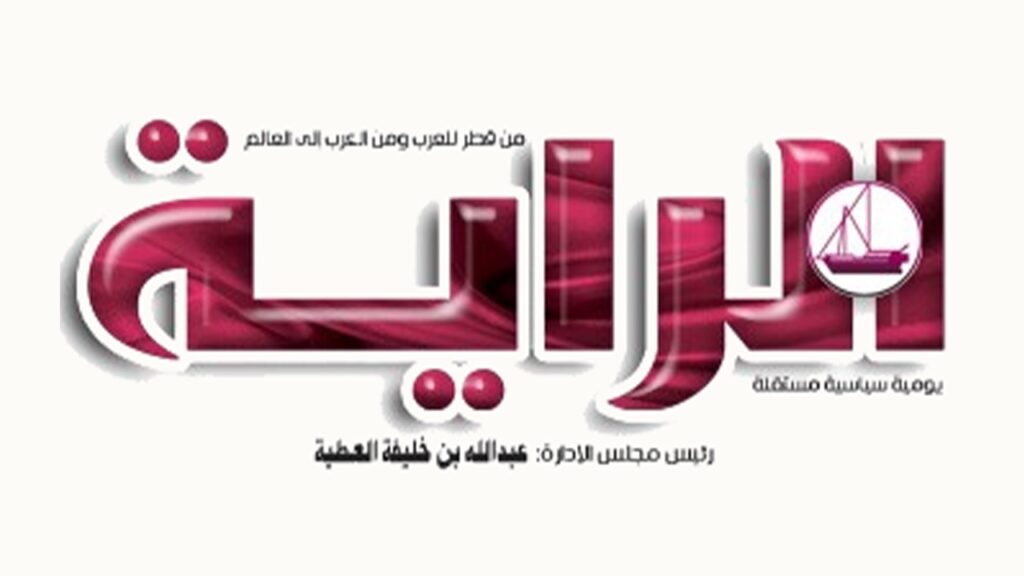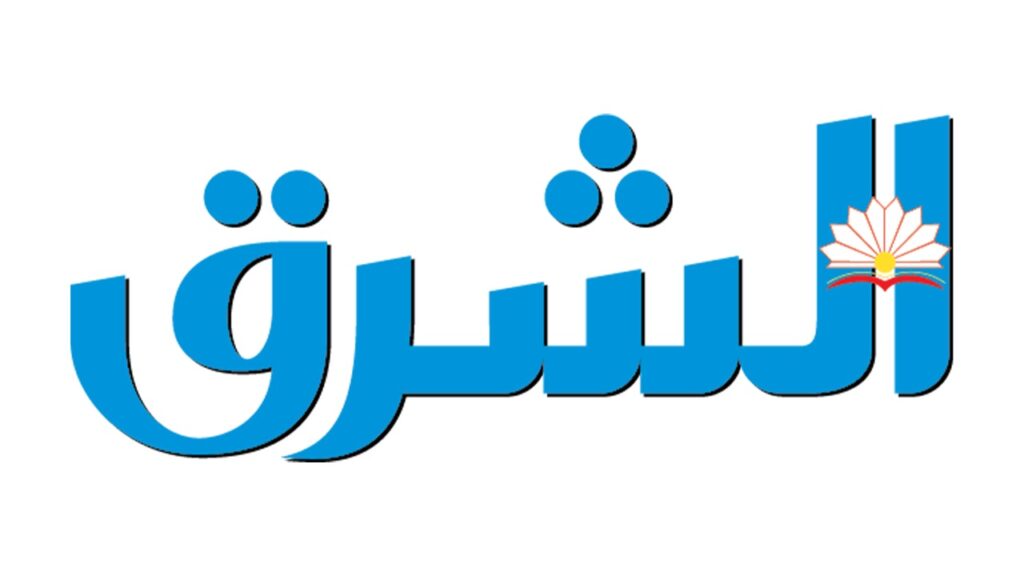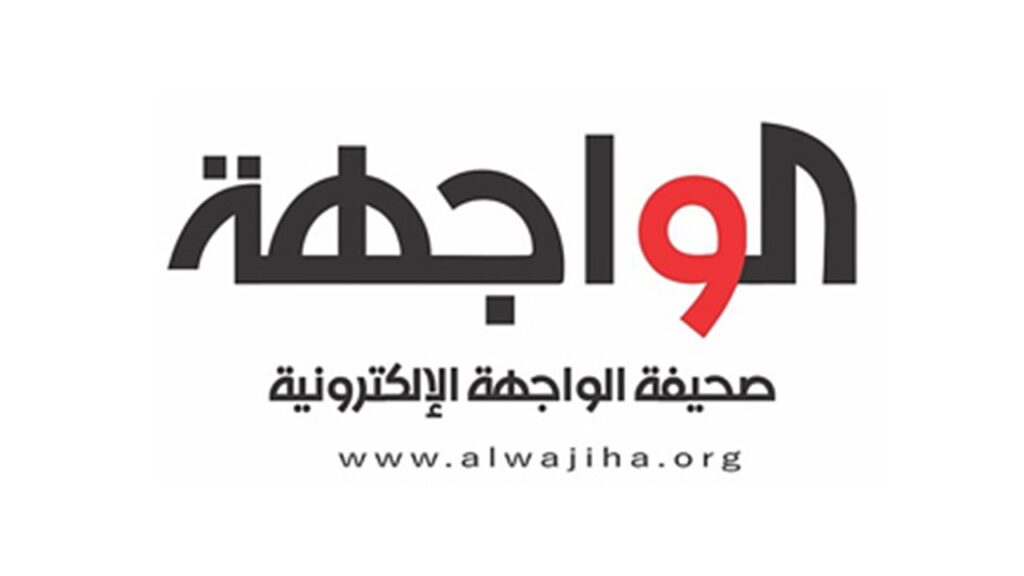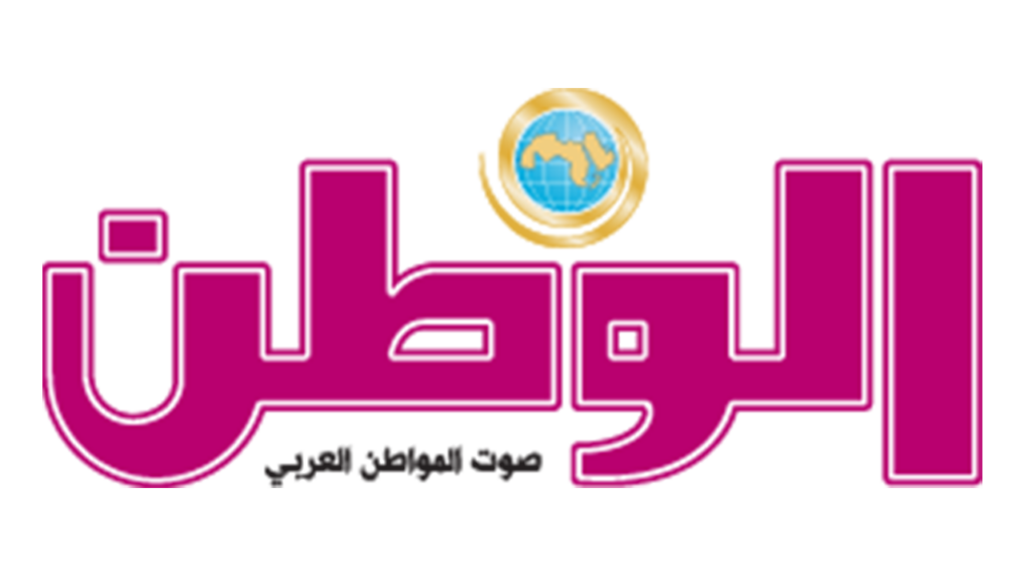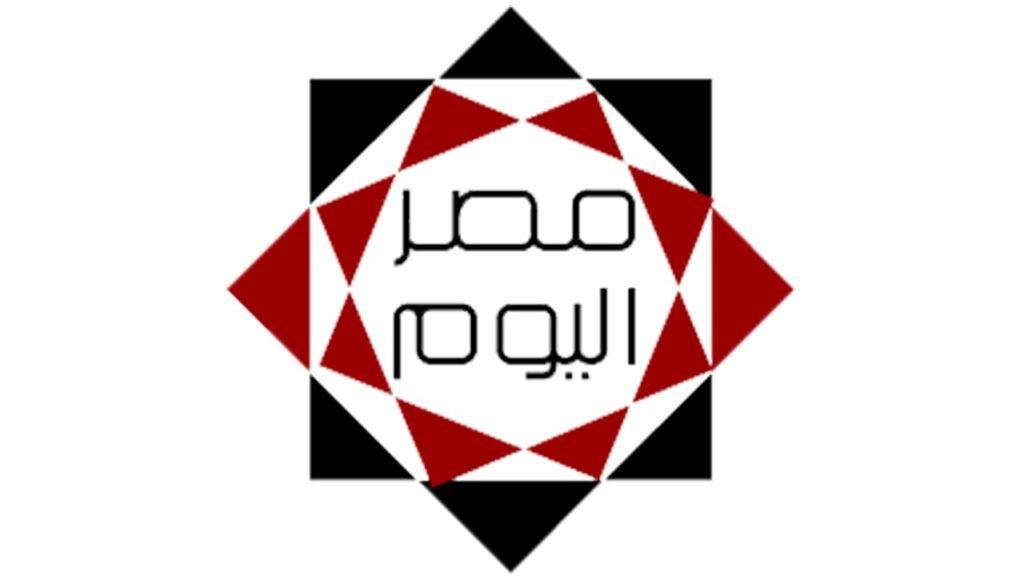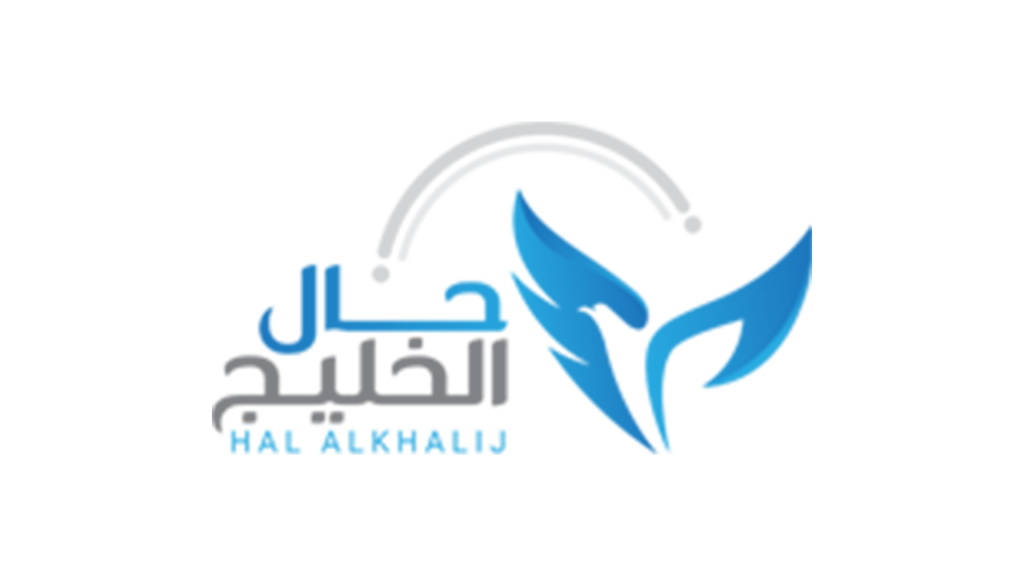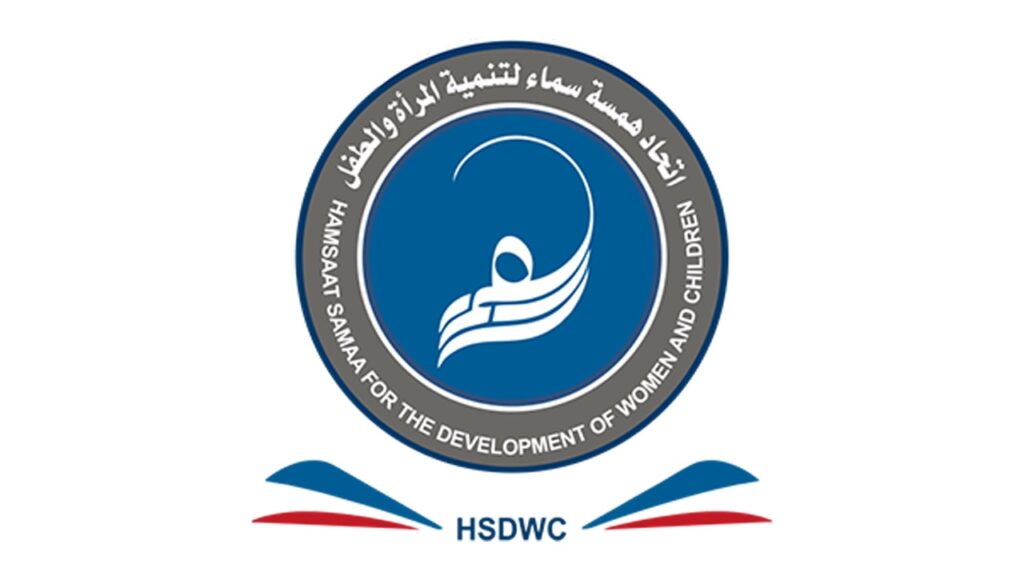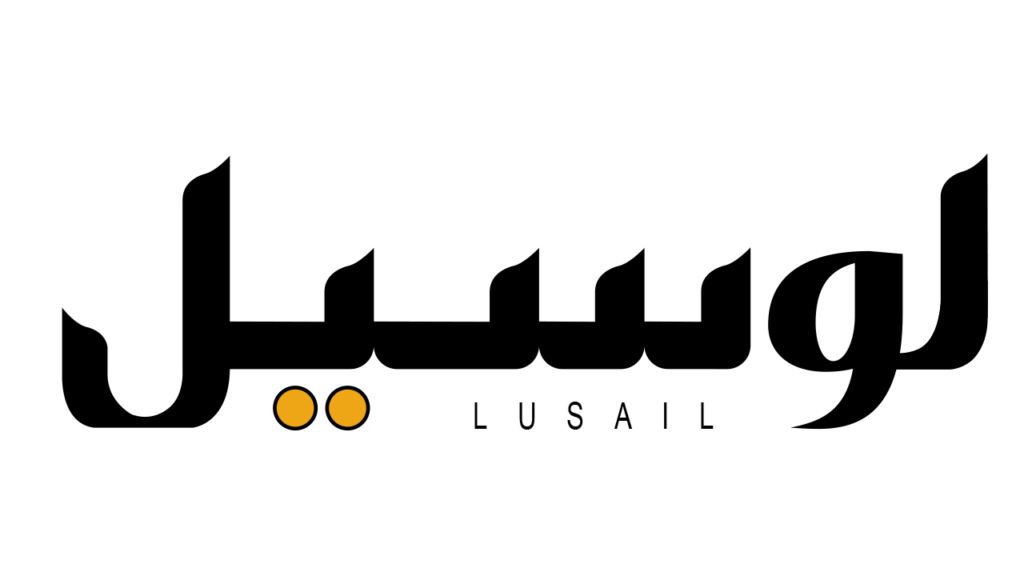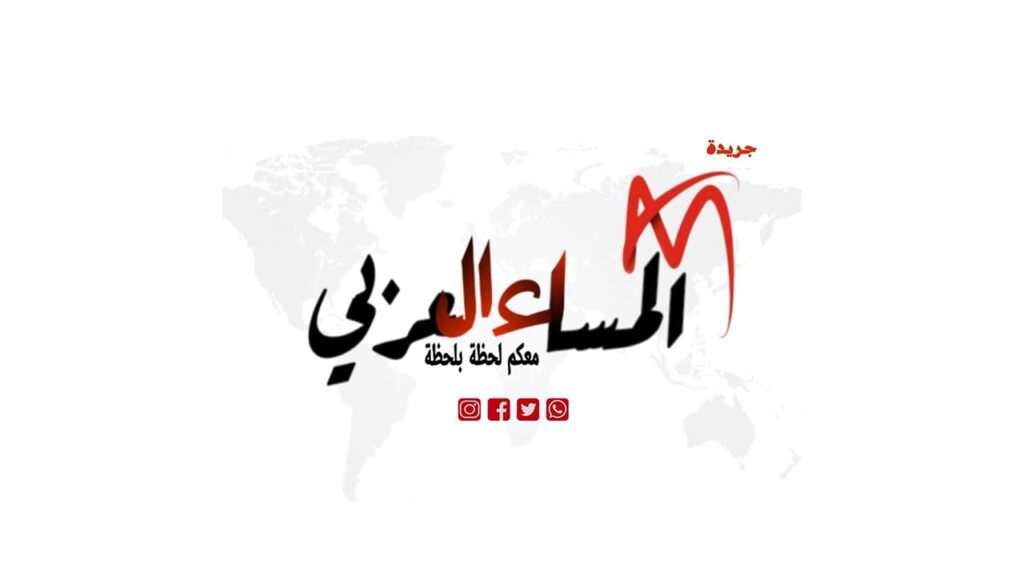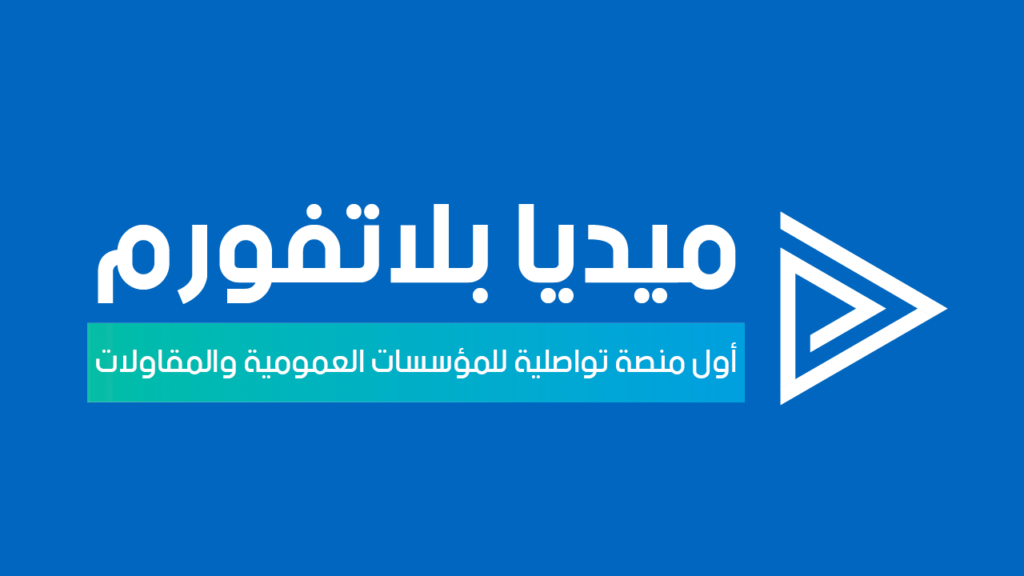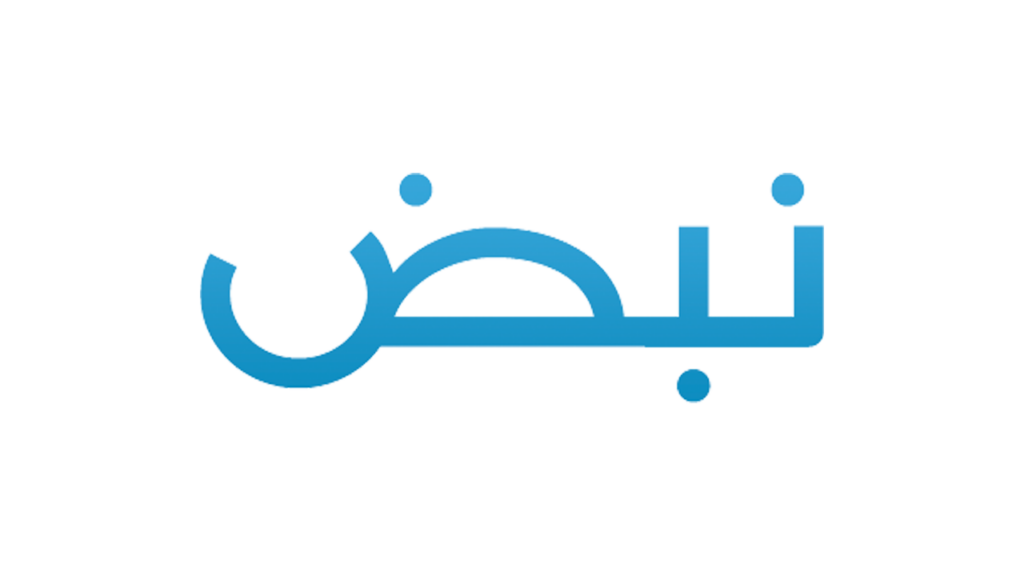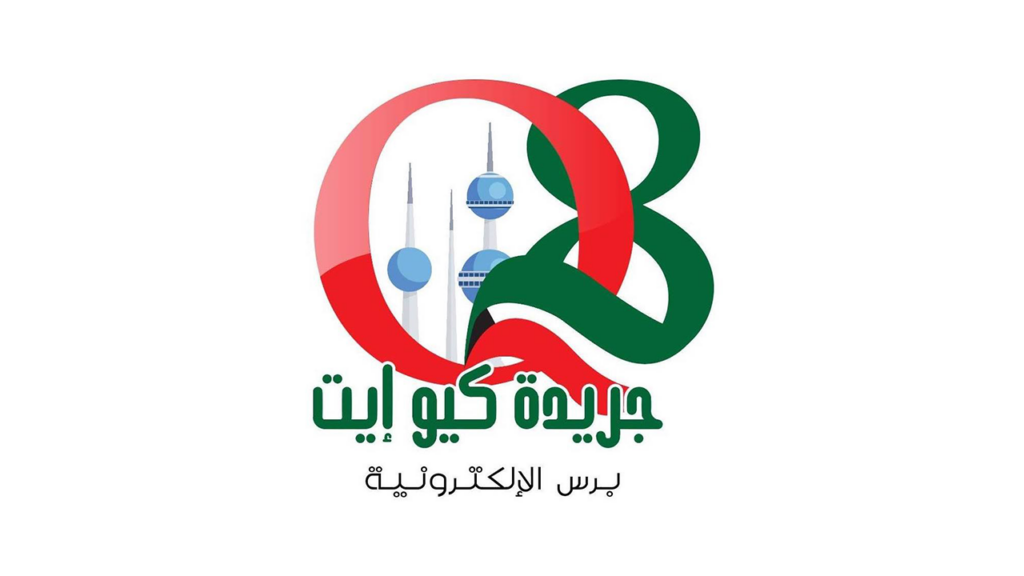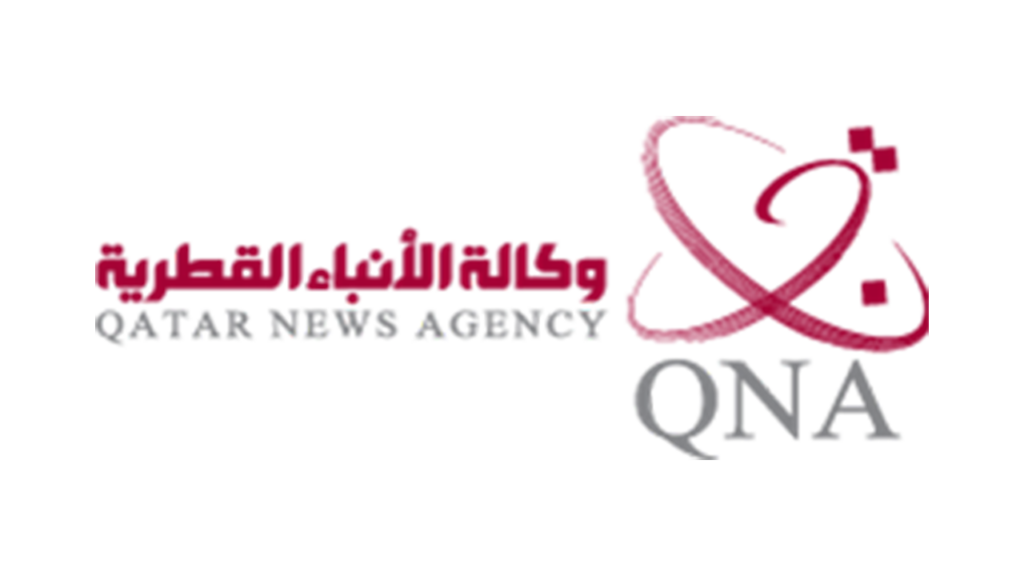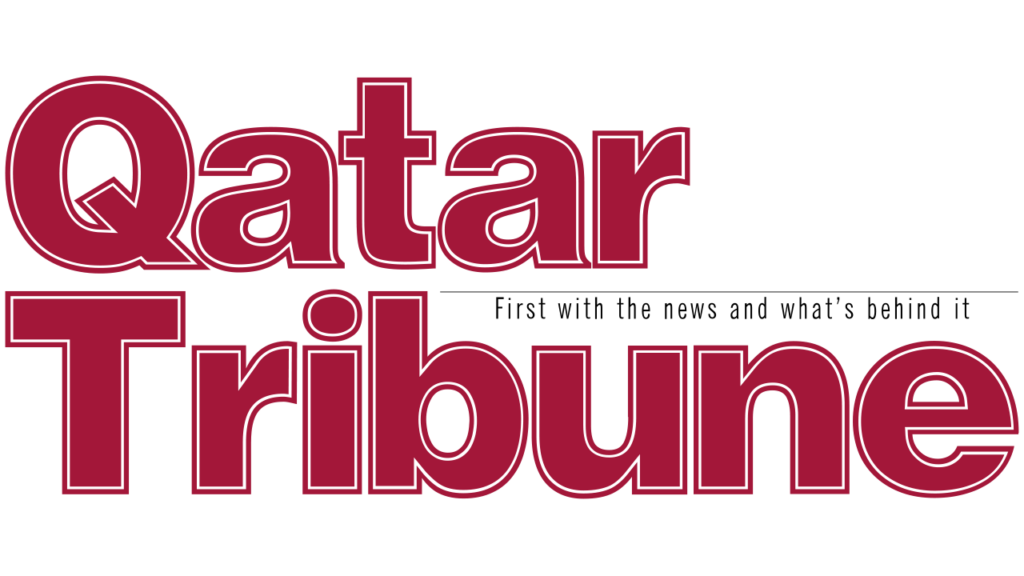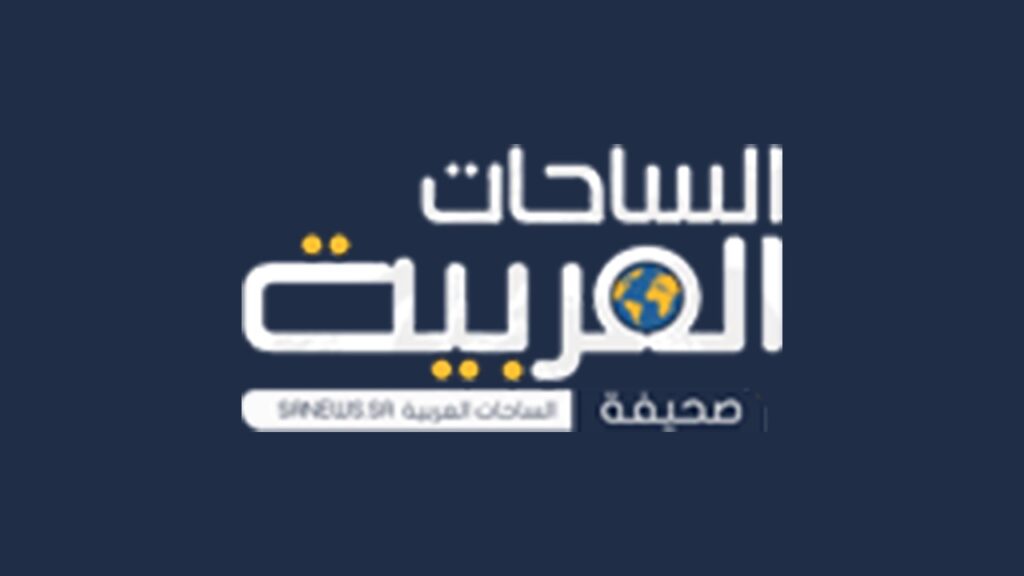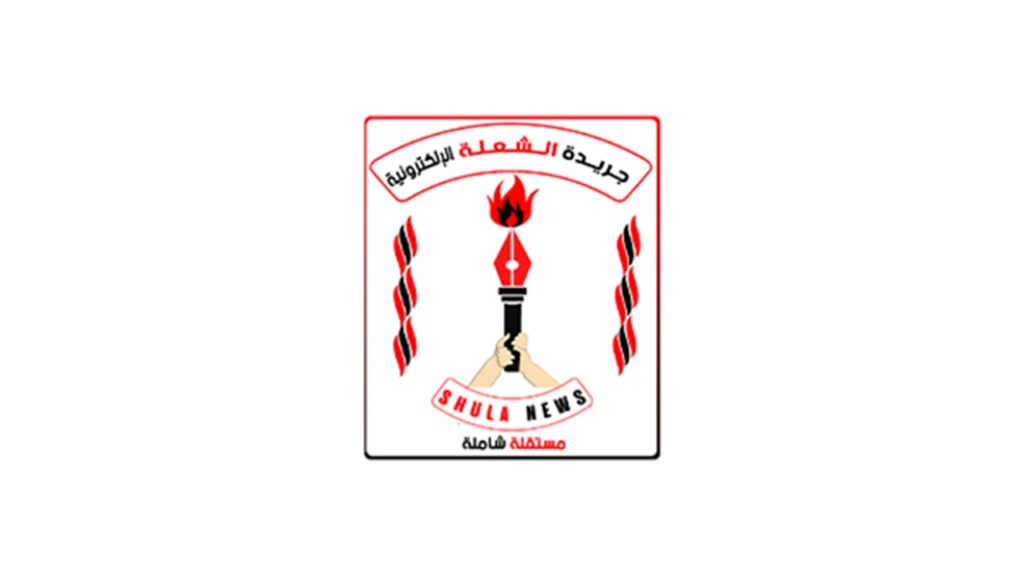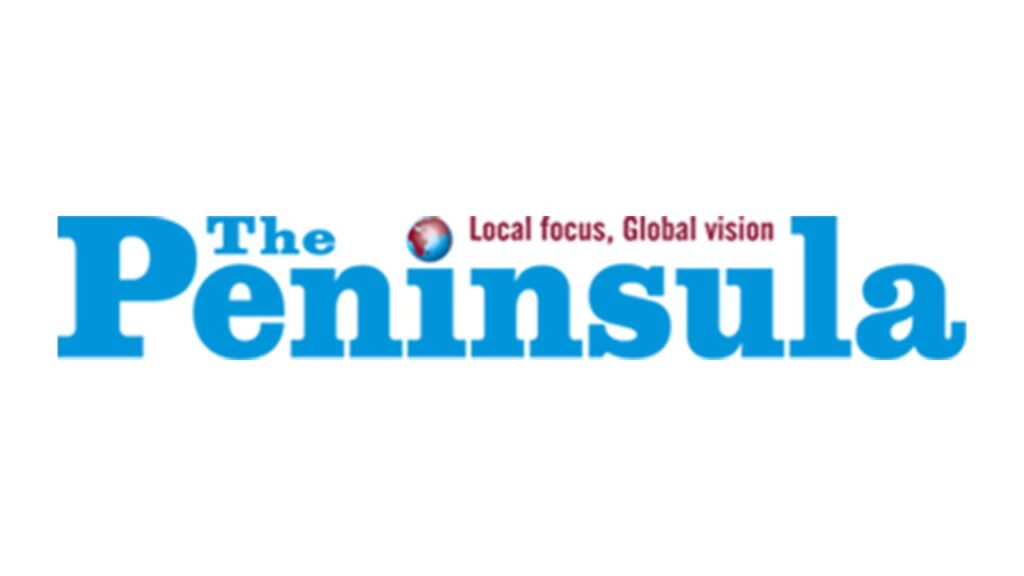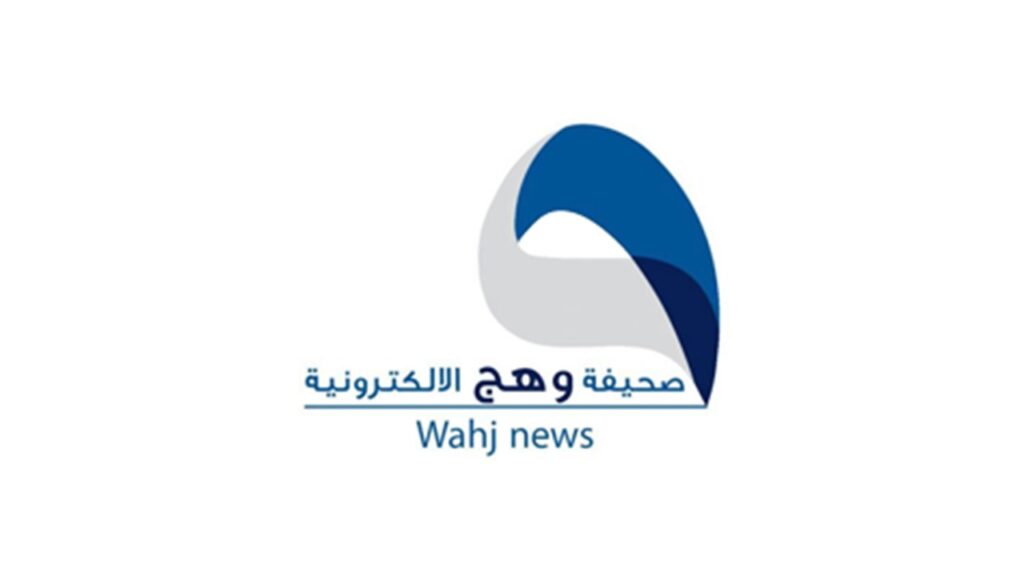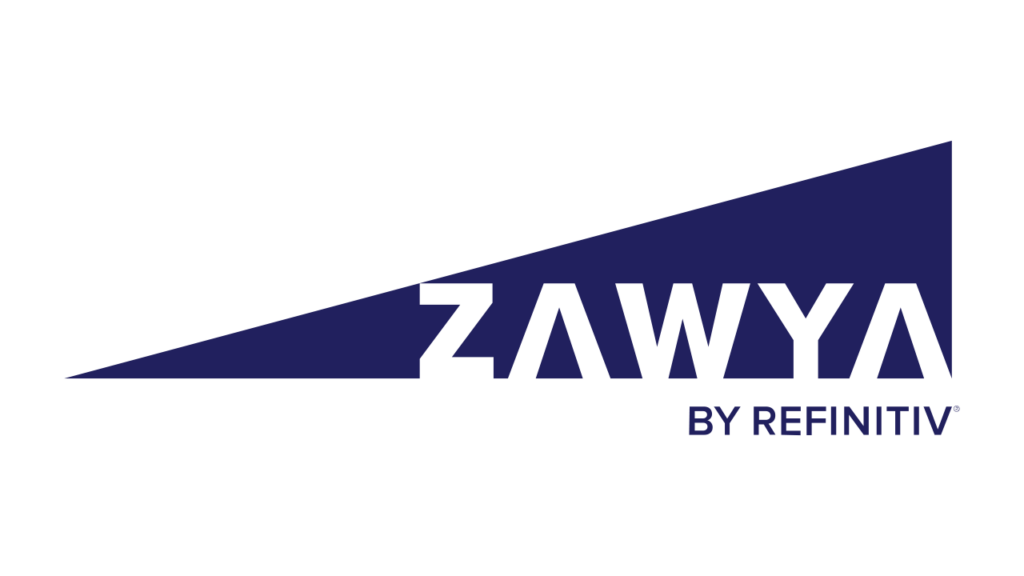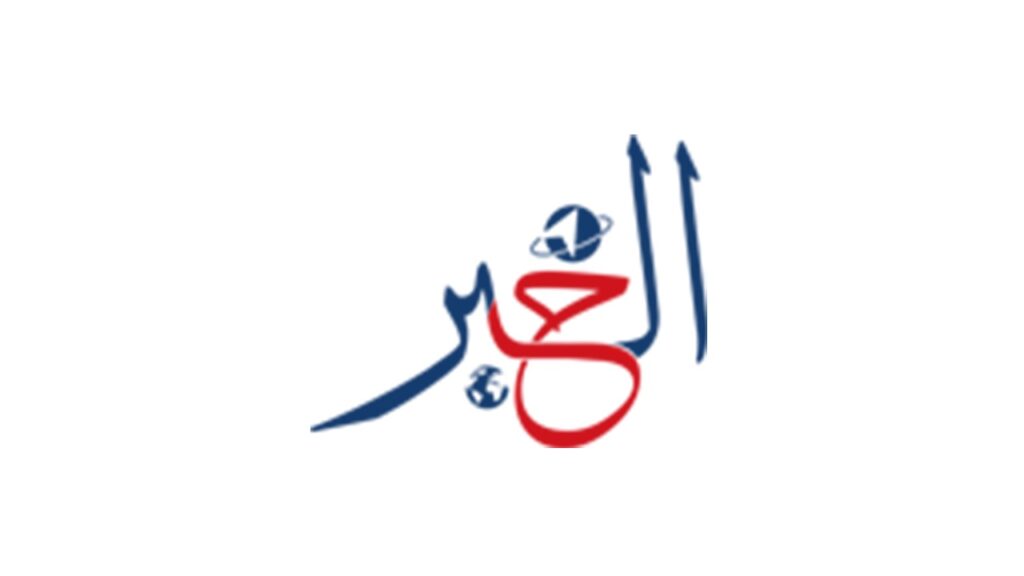Conference Highlights – Afghanistan Regional Symposium: Confronting the Impasse
HIWARAAT CONFERENCE SERIES
Afghanistan Regional Symposium: Confronting the Impasse
November 11, 2023
Hosted by the Center for International and Regional Studies (CIRS) at GU-Q, this symposium gathered leading experts, scholars, and policymakers in a collective pursuit of exploring and addressing the intricate challenges surrounding Afghanistan and its neighboring region. Since the Taliban regained power in 2021, there has been an unsettling impasse between Afghanistan and the rest of the world in which conventional strategies of intervention from global powers have become inadequate. Through insightful panels, including discussions on the Afghan peace process, climate change, food security challenges, education, and humanitarian concerns, the symposium fosters a nuanced understanding of ongoing challenges and paves the way for informed impactful solutions.
Opening Remarks
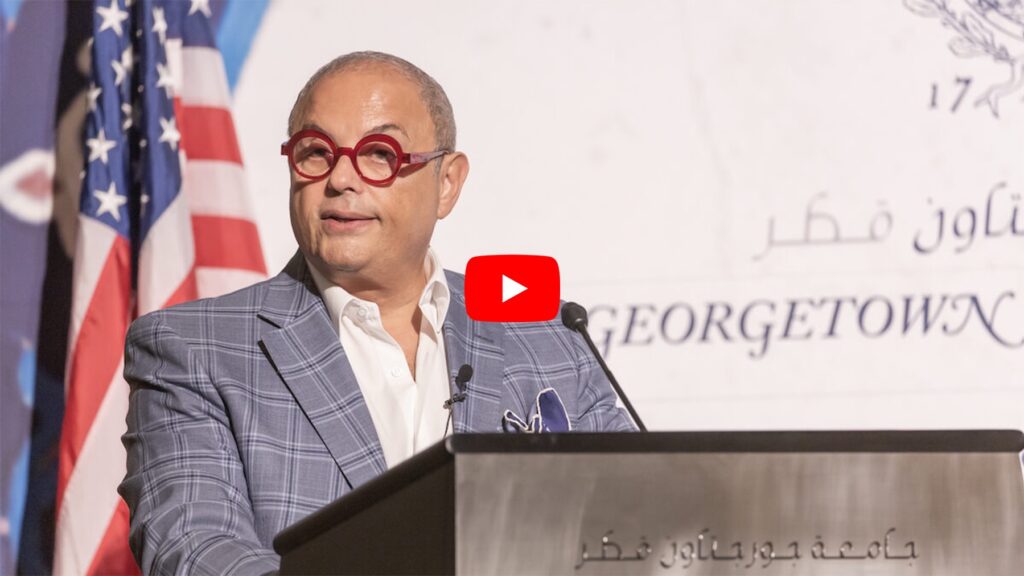
The people of Afghanistan face an oncoming humanitarian and economic crisis that is more urgent than ever… and while international support for humanitarian aid is essential, it alone cannot fully address the underlying causes of Afghanistan’s deteriorating situation that include the nation’s political strife, ongoing conflicts, and the intervention of external factors and actors.”
—Safwan Masri, Dean, Georgetown University in Qatar
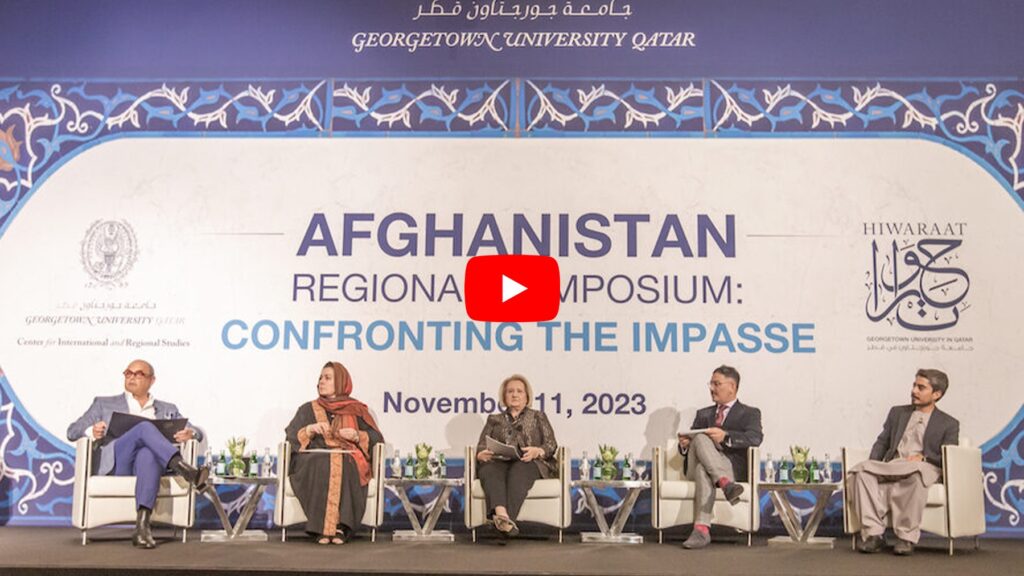
Education in Afghanistan: Systemic Challenges
Chaired by Dean Safwan Masri, this panel discussed the effect of the deepening humanitarian crisis in Afghanistan on the nation’s education system, where an estimated 3.7 million children in Afghanistan are currently deprived of access to education, particularly girls.
Panelists
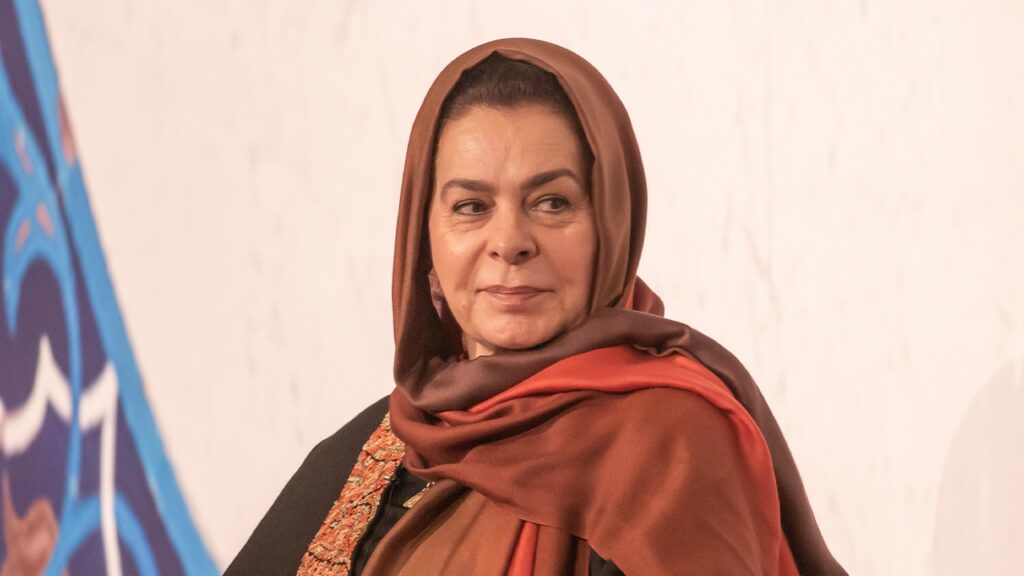
“Muslim women and men in Afghanistan believe that Islam came to fight against ignorance…what is happening now in Afghanistan has nothing to do with religion.”
—Fatima Gailani, peace negotiator, and former President of the Afghan Red Crescent Society
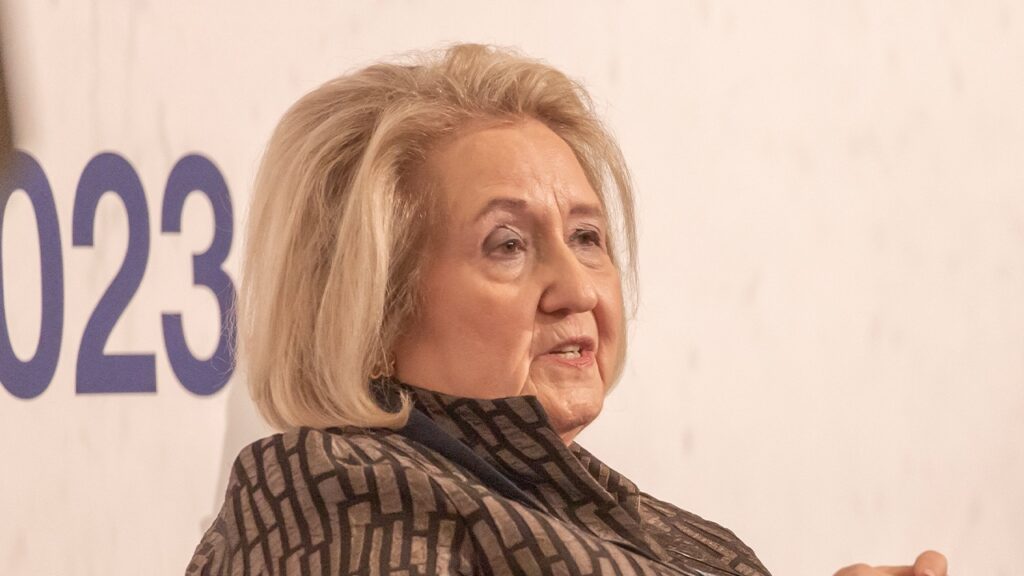
“Few areas are as critical as education, to the future of Afghanistan.”
—Ambassador Melanne Verveer, Director of the Institute for Women, Peace, and Security, Georgetown University
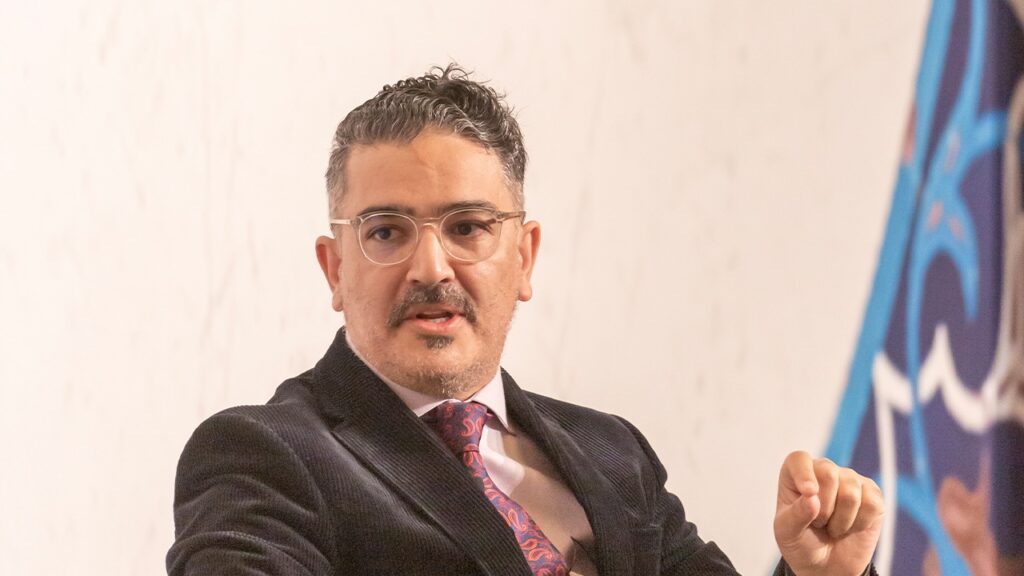
“Don’t try to interpret what Afghan women want to do or say, let them do it…and I think thats the best support we can give them from the outside.”
—Hameed Hakimi, Associate Fellow, Chatham House, and Senior Fellow, Atlantic Council
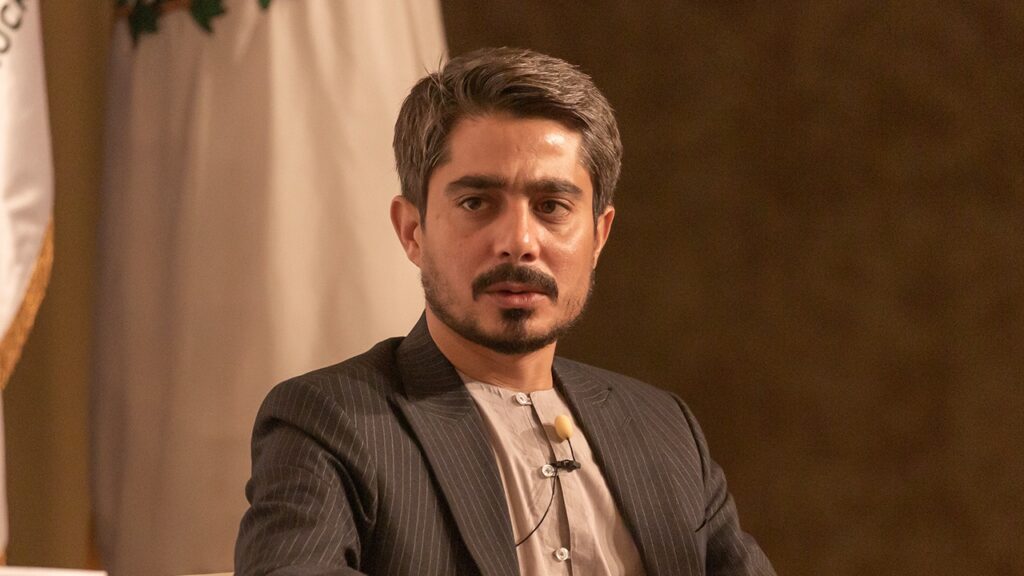
“The key to education transformation is to create an environment where everybody can contribute to reviving history and also fuse it with whatever contemporary tools and methods we have…and for any transformation, we have to get together and talk to each other.”
—Sulaiman Bin Shah, Founder and CEO, Catalysts.Af
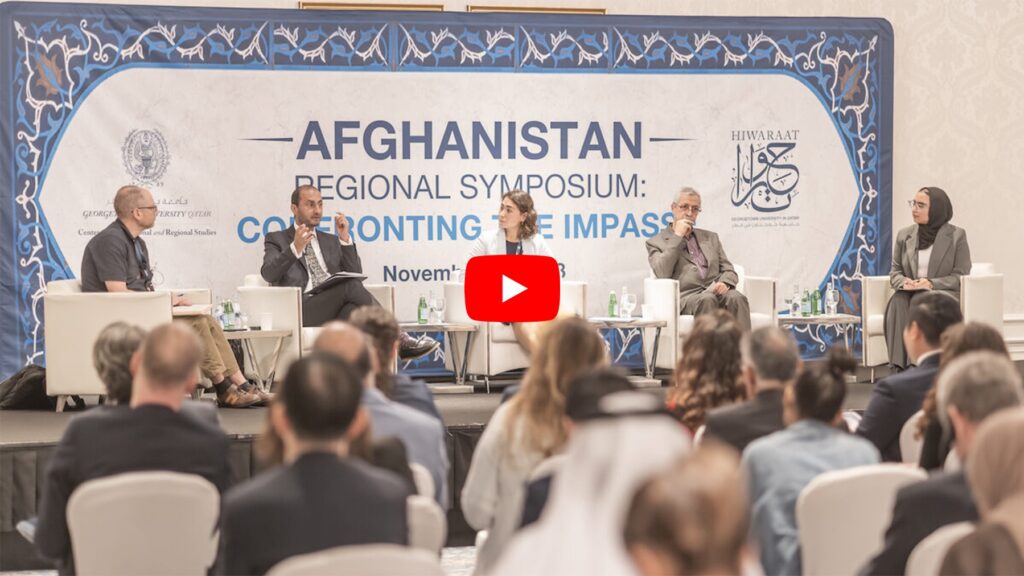
Afghanistan Imagined by Afghans
Chaired by GU-Q Professor Ian Almond, this panel explored the rich tapestry of Afghan narratives in literary fiction, critically examining how Afghanistan has been imagined in indigenous and Western imaginations, and demonstrating the power of storytelling to shed light on the complex social, historical, and cultural dynamics of this war-torn nation.
Panelists

“Many civilizations emerged and flourished in Afghanistan…and many civiliations died there. Each new invasion created new myths and stories…in a way history motivates people to resist foreign invasion.”
—Dawood Azami, Multi-Media Editor, BBC World Service; former Bureau Chief and Editor in Kabul, Afghanistan

“There is one moment in [modern] literature that is very important, and that is the resistance movement against the Soviet invasion, against Mujahideen, against the US invasion.”
—Abdul Khaliq Rashid, Visiting Professor, Jawaharlal Nehru University
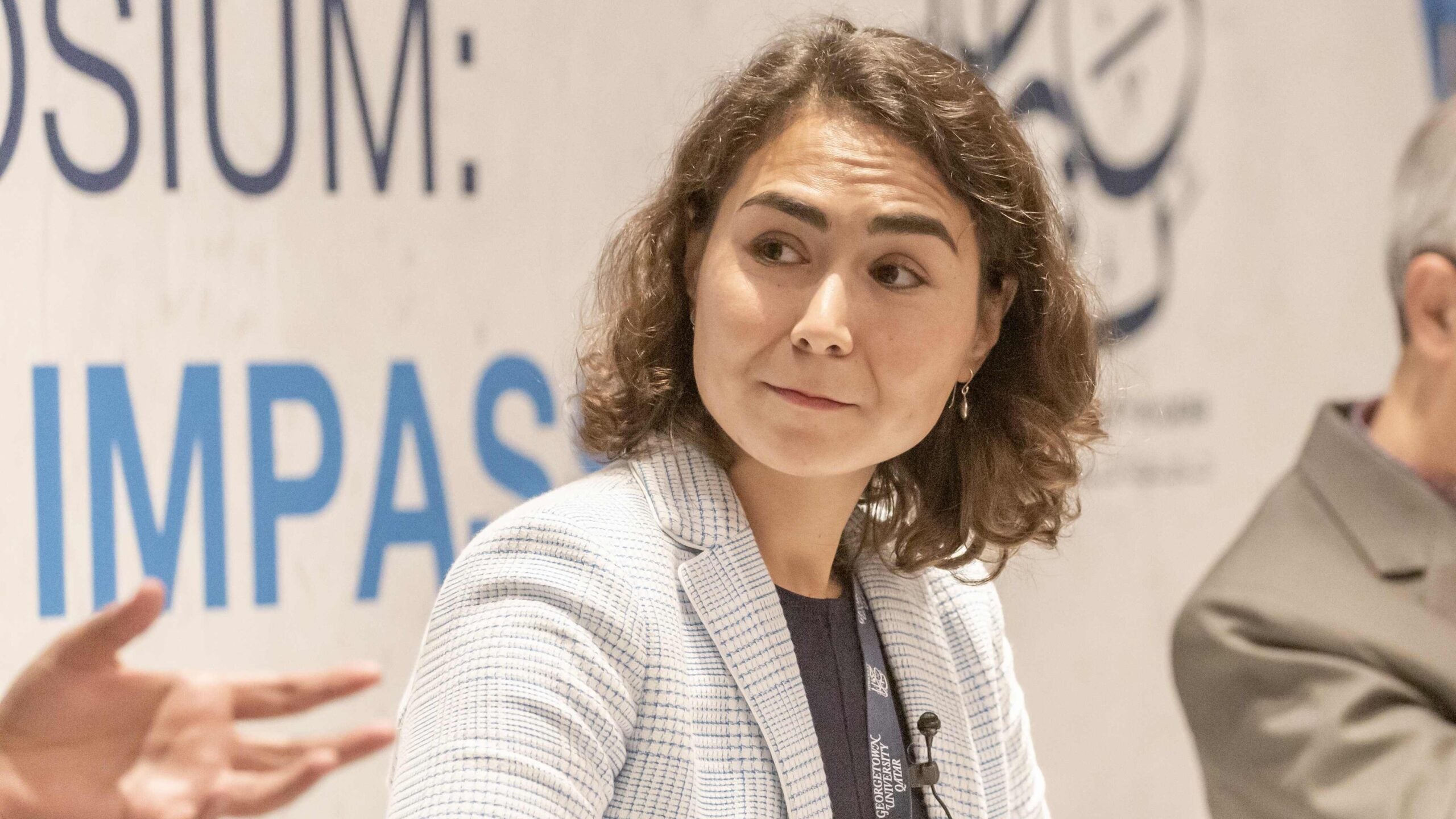
“When you enter that creative space, that zone, violence doesn’t mean anything, what is more powerful is the voice that is retelling what the violence inspired… it inspired the writer to oppose it through their voice.”
—Parwana Fayyaz, Research Fellow, University of Cambridge
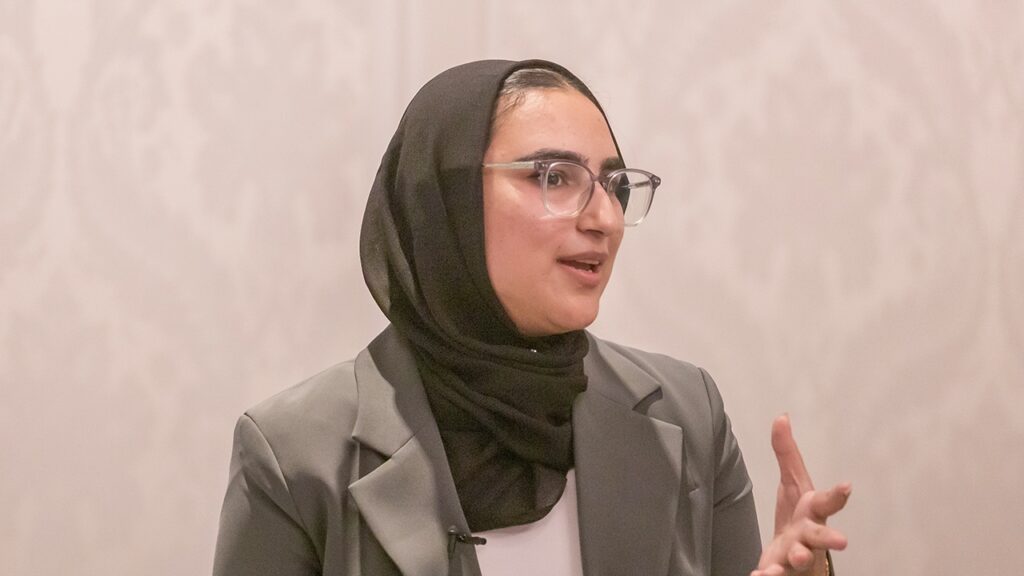
“[Young Afghan] poets try to bridge that gap of what it means to be an Afghan and a non-Afghan…They make it pretty easy for the audience to feel what it means to live that life that they are not familiar with…we hand the mic to the people who experienced it, to tell their own stories.”
—Zahra Wakilzada (SFS’23, SFS’25), author, poet, and public speaker

Reporting from Conflict Zones: Media Resilience in Afghanistan
Chaired by CIRS Assistant Director for Publications Suzi Mirgani, this discussion offered an exploration of the media and journalism landscape in Afghanistan since the Taliban’s return to power in 2021. From press freedom, to safety risks, to ethical concerns regarding protection of sources, this panel shed light on the challenges and opportunities that lie ahead for journalists.
Panelists
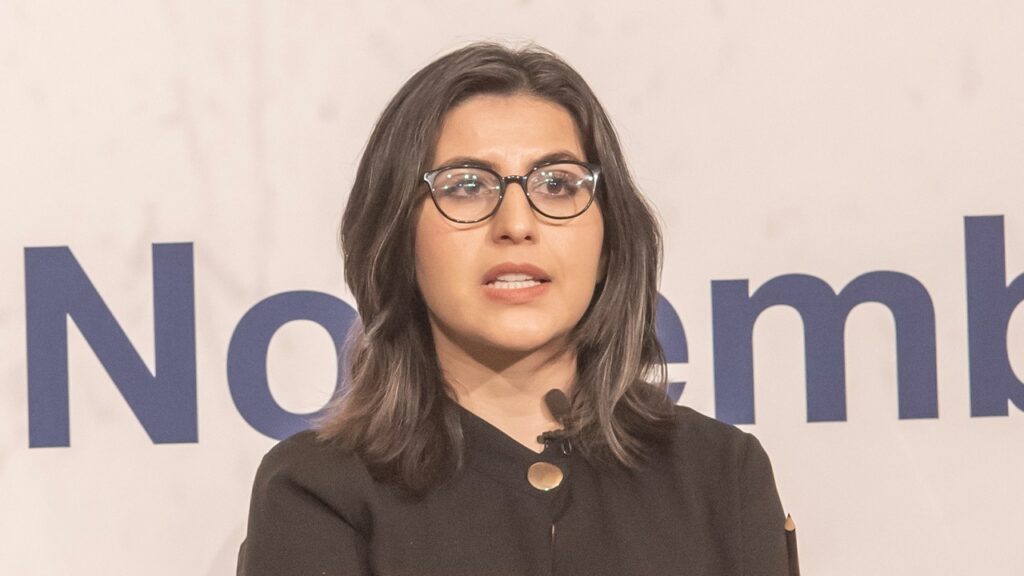
“We have been talking about engagement, and those of us in the media always believed that it was a good idea in the long term interests of the country that we seek out new voices and fresh perspectives, so that they can provide innovative solutions to some of the issues that Afghanistan was always dealing with, and will continue to deal with.”
—Sana Safi, Senior Presenter,“BBC World Right Now;” Host, “Newsday,” BBC World Service
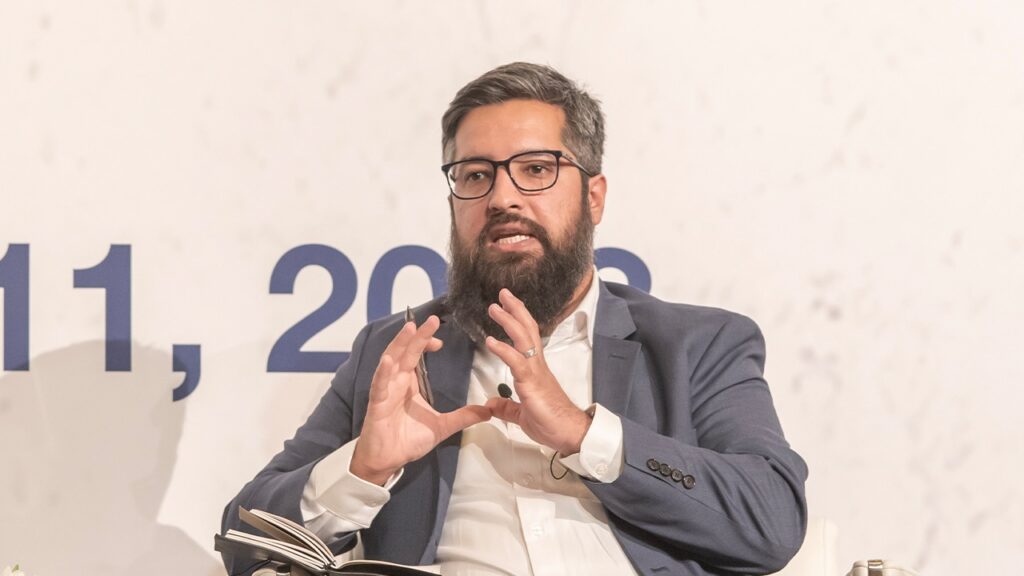
“We associate the collapse of the media sector with the Taliban’s takeover, but it was equally driven by the evacuations…many journalists had the ability and the will to get out, and also the funding freeze, with the Taliban in power, the aid that was trickling into Afghanistan was suddenly stopped, and alot of media organizations that had been thriving because of the aid collapsed.”
—Ibraheem Bahiss, Afghanistan Analyst, International Crisis Group

“Media has been able to find ways to operate, maybe not to the extent that it has in the past, maybe with severe limitations, things that I have experienced myself, but it is still going on. The fact that outlets like TOLO, Ariana News, Shamshad still exist is a huge deal, in 1998, these things would not have been there.”
—Ali Latifi, Asia Editor, The New Humanitarian

Documentary Screening and Discussion “Symphony of Courage”
Northwestern Qatar Associate Professor Rana Kazkaz moderated a viewing and discussion of the film “Symphony of Courage” with film director Beth Mendelson, Afghanistan Service, Voice of America. The film tells the story of Farida and Zohra Ahmadi. They were the last students of the Afghanistan National Institute of Music (ANIM) to be evacuated from the country after the Taliban takeover. The country’s only music school, ANIM was home to Afghanistan’s first all-female ensemble. ANIM’s director Dr. Ahmad Sarmast worked with an international team of philanthropists, politicians, and musicians to facilitate their evacuation to Qatar, and then their new home in Portugal, where they can perform their music in peace.
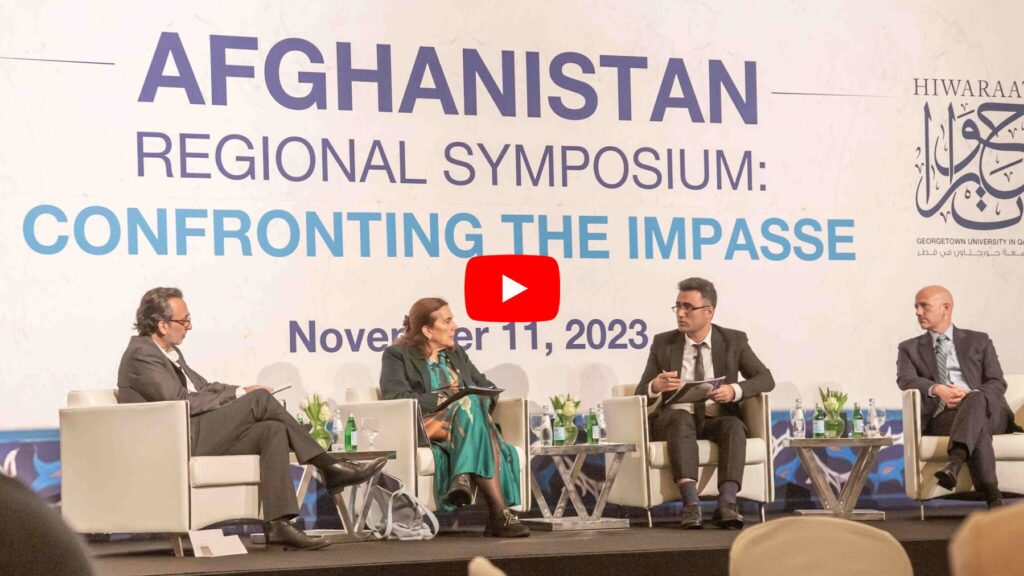
Climate Change and Natural Resource Governance
This panel, chaired by GU-Q Associate Professor Reza Pirbhai, examines prevailing conditions and complexities on the ground in Afghanistan which is facing its most severe drought in 27 years, a crisis further compounded by the impacts of COVID-19 and the economic downturn following the Taliban’s assumption of government control in August 2021. These combined challenges have led to a significant escalation in livelihood insecurity and food scarcity, giving rise to an expanding humanitarian crisis, spurring internal displacement and altered migration patterns within Afghanistan.
Panelists
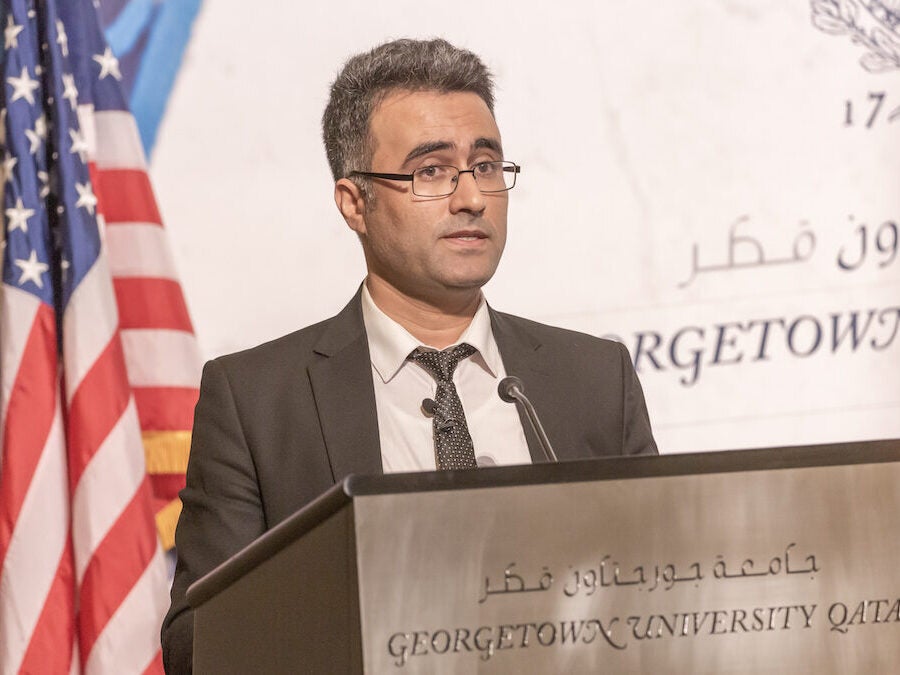
“Climate change is an umbrella for multiple challenges… now with this 1.5° of heat, the snow melts two months early… the frequency of the drought in Afghanistan is doubled… during a drought Afghanistan’s agricultural productivity reduces about 30%…then severe floods…multiple forest fires…and sandstorms even.
Previously during the Republic, Afghanistan was allowed to apply for the adaptation funds… but during the past three years Afghanistan is affected by climate change, about six or seven percent of the GDP, but it does not receive any adaptation fund.”
—Mohammad Assem Mayar, Postdoctoral Researcher, Leibniz Centre for Agricultural Landscape Research

“In country after country in the world where they’ve started to try and develop their natural resources… the capacity of those countries was not up to par with the capacity of the of the companies that are negotiating these contracts… if there was one thing that I could dream about, it would be to provide technical support… to negotiate better contracts both on the economic side but also on the environmental implications of these contracts… to be much more beneficial to all Afghans.”
—Ambassador Androulla Kaminara, Distinguished Diplomat-in-Residence, GU-Q; Former EU Ambassador to Pakistan

“It is important that we are helping community committees build their own institutional capacity to help themselves…we’re doing a lot of cash-for-work programs…building some bit of climate resilience into work despite the lack of the longer term development work… grain banks…planting orchards or poultry farms, or kitchen gardens and green houses… a focus on this small and resilient infrastructure is very important, and it’s something we need to do a lot more of.”
—Matt Reed, Global Director of Institutional Partnerships, AGA Khan Foundation
Closing Remarks by Dean Safwan Masri

We need to be discussing Afghanistan. Unfortunately this region is always dealing with crises and it is very easy to lose sight of the continuing challenges in one corner because of what’s happening in another corner. Conversation is really important, it gets us thinking, it gets us mobilized to do work, it builds connections amongst us—connections of ideas, and connections of passions, and of human beings.
There is a lot to reflect on, there is a lot to build from, there is a lot to be grateful for, and there is a lot to look forward to.”
—Safwan Masri, Dean, Georgetown University in Qatar


